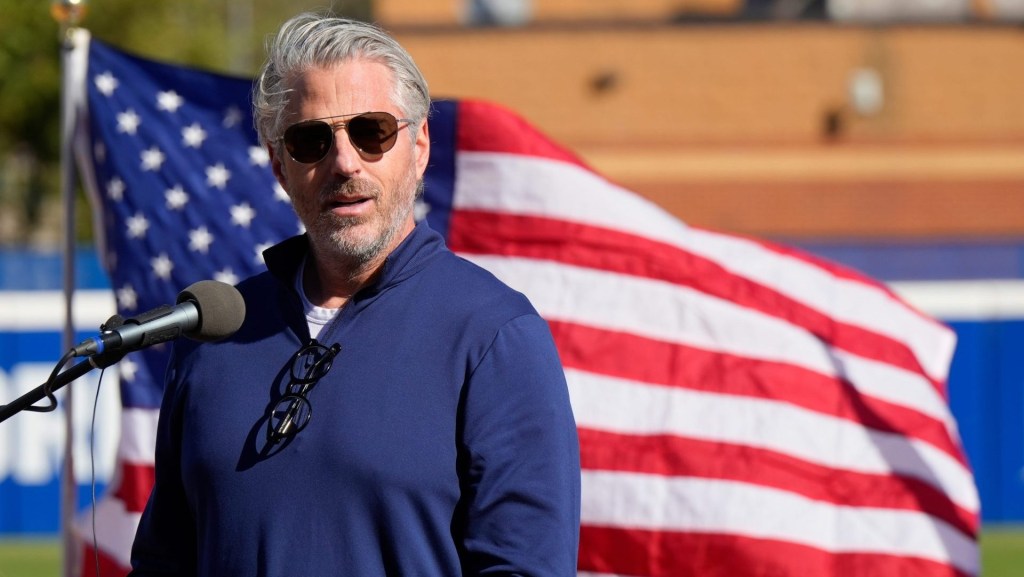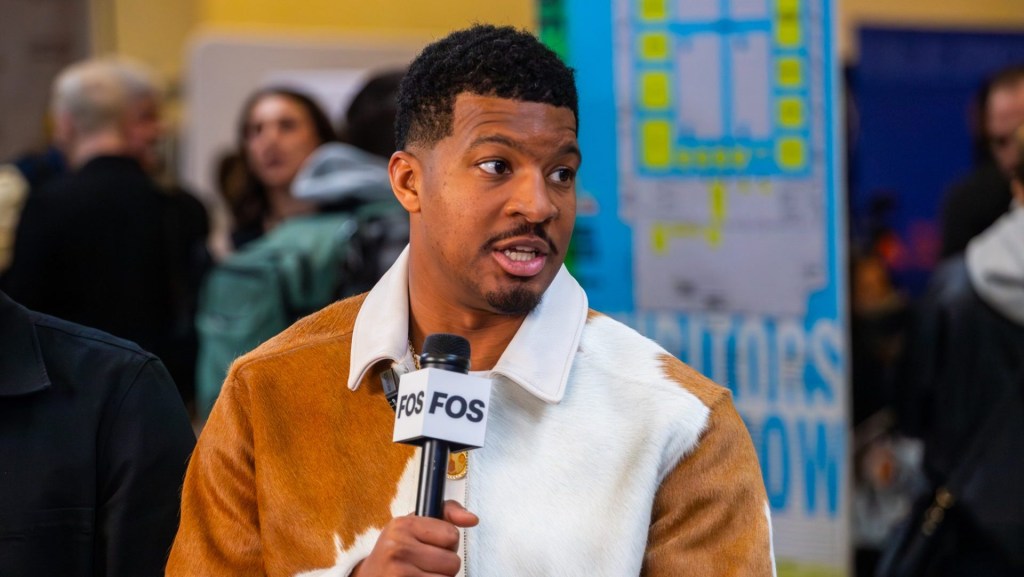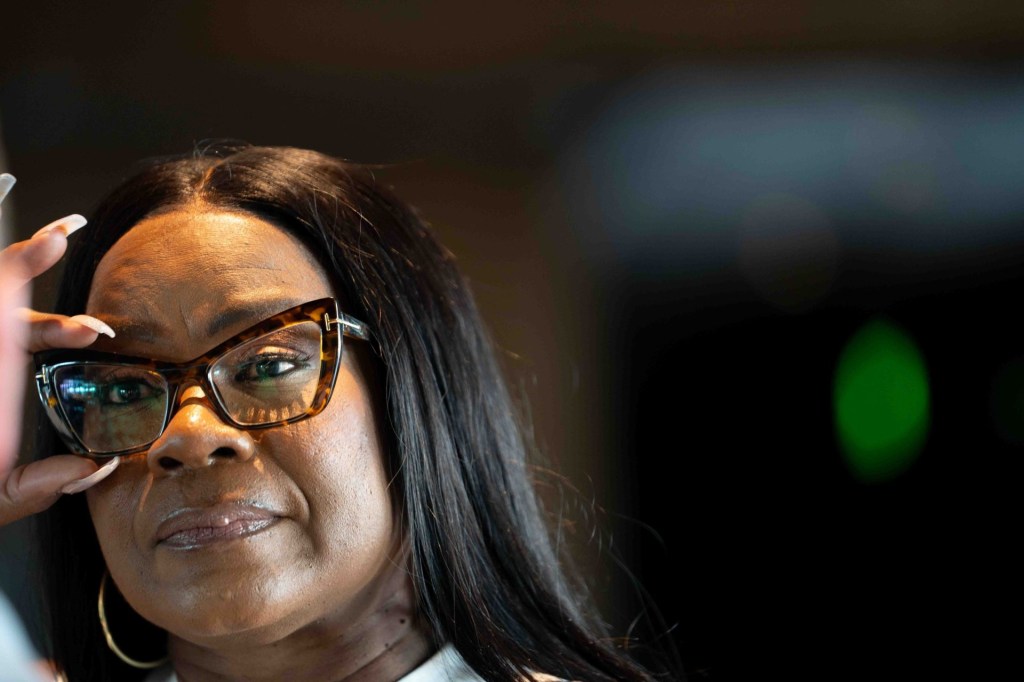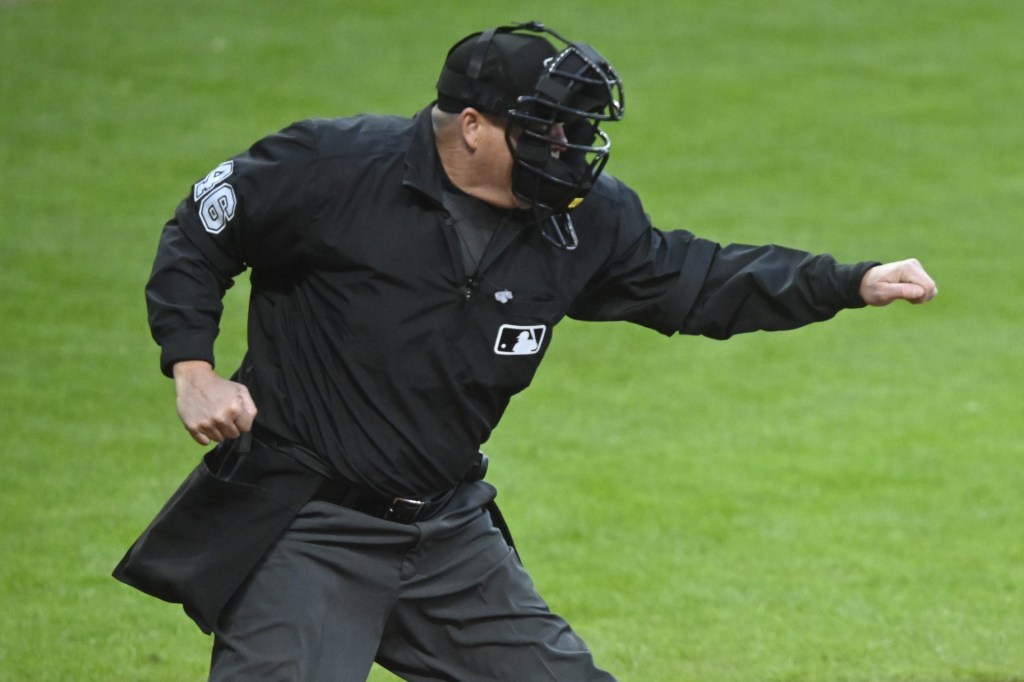
The new English Premier League (EPL) season just started, and looking at the main shirt sponsors of the 20 clubs shows that majority are international brands. In fact, only Southampton (Virgin Media), Watford (FxPro) and Liverpool (Standard Chartered) are sponsored by UK-based companies.
Figures from a Sporting Intelligence report show that for the 2018-2019 season, nine teams have an Asian or Middle Eastern brand as their main shirt sponsor. Five years ago, for the 2013-2014 season, six of the 20 clubs had such sponsors, while 15 years ago (2003-2004 season) only Kejian, a Chinese telecoms company that sponsored Everton, represented Asia.
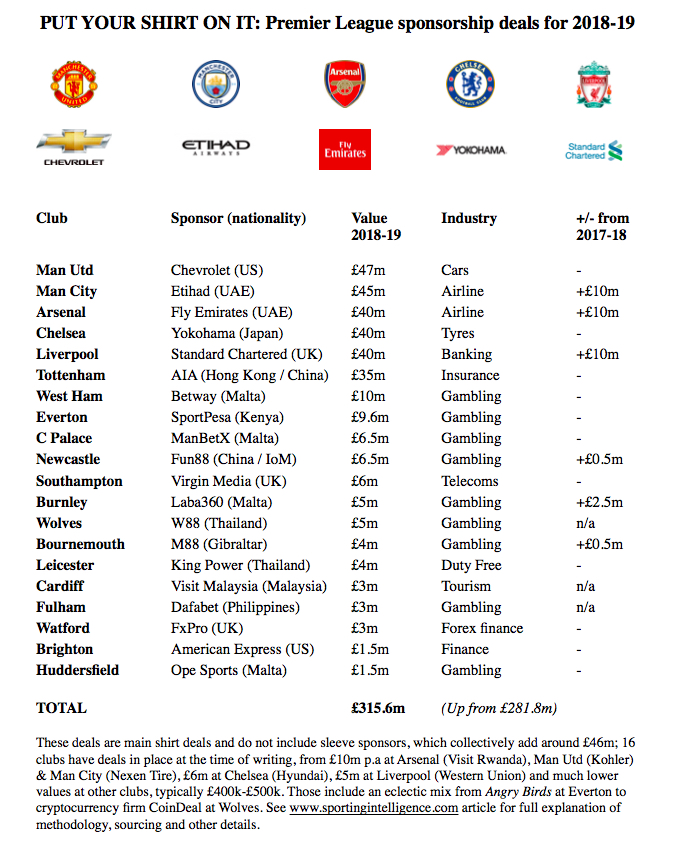
In addition, over half (US $237.8 million of US $411 million) of the sponsorship total comes from Asia and the Middle East, with UAE airline heavyweights Etihad (Man City, US $59 million) and Emirates (Arsenal, US $52.4 million), as well as Japanese tire giant Yokohoma (US $52.4 million), leading the race.
SEE MORE: Why AS Roma Formed a Partnership With the Nigeria Super Eagles
We see the same trend for the FIFA World Cup partners, as more and more Asian brands are leveraging football to reach and engage with a global audience. These brands are spending about $50 million-plus a year to become the main partner of top EPL clubs as they look to become global players and compete with the best.
“As one of the world’s highest-profile sports sponsorship properties, it seems obvious and inevitable that Asian brands want to be associated with the Premier League and its clubs,” said Simon Chadwick, professor of sports enterprise and co-director of the Centre for Sports Business at Salford University Manchester in the UK. “The association enhances profile, raises awareness and confers significant image benefits, especially on a global basis. It is nevertheless important that Asian brands are seen in a positive way, and do not become synonymous with just gambling companies and airlines. As such, Premier League club sponsorships have to be used in conjunction with other marketing communications and business development strategies.”
High Profile Sponsorships
Yokohama partnered with Chelsea in 2015 when it had become the EPL champion. The tire brand gained extensive awareness and global reach as millions of EPL and Chelsea followers worldwide saw the Yokohama logo on Chelsea’s shirt every weekend. In turn, it helped the brand penetrate the European market and compete with the likes of Michelin and Pirelli.
Hong Kong-based insurance company AIA leveraged the fact that there are 80 million Tottenham fans in Asia by becoming the club’s main shirt sponsor. This has helped the brand reach and engage with this huge Asian fan base.
Meanwhile, Emirates, Qatar Airways, Etihad and Turkish Airlines are top global airlines that have one thing in common: they partnered and engaged with top European football properties, ultimately helping them rise above the competition and become elite global brands.
[mc4wp_form id=”8260″]
Another great example of a local brand using a top football club’s reach is Beko, which used its partnership with Barcelona to become the top home appliances brand in Europe.
Overall, Asian and Middle Eastern brands continue to see value in partnering with the EPL clubs, as that has become a viable platform to easily increase awareness and engagement.
How will the shirt sponsorship trend change over the next couple of years? Stay tuned.

